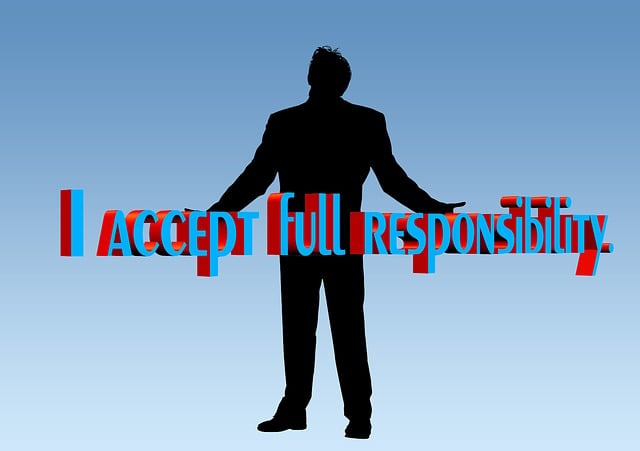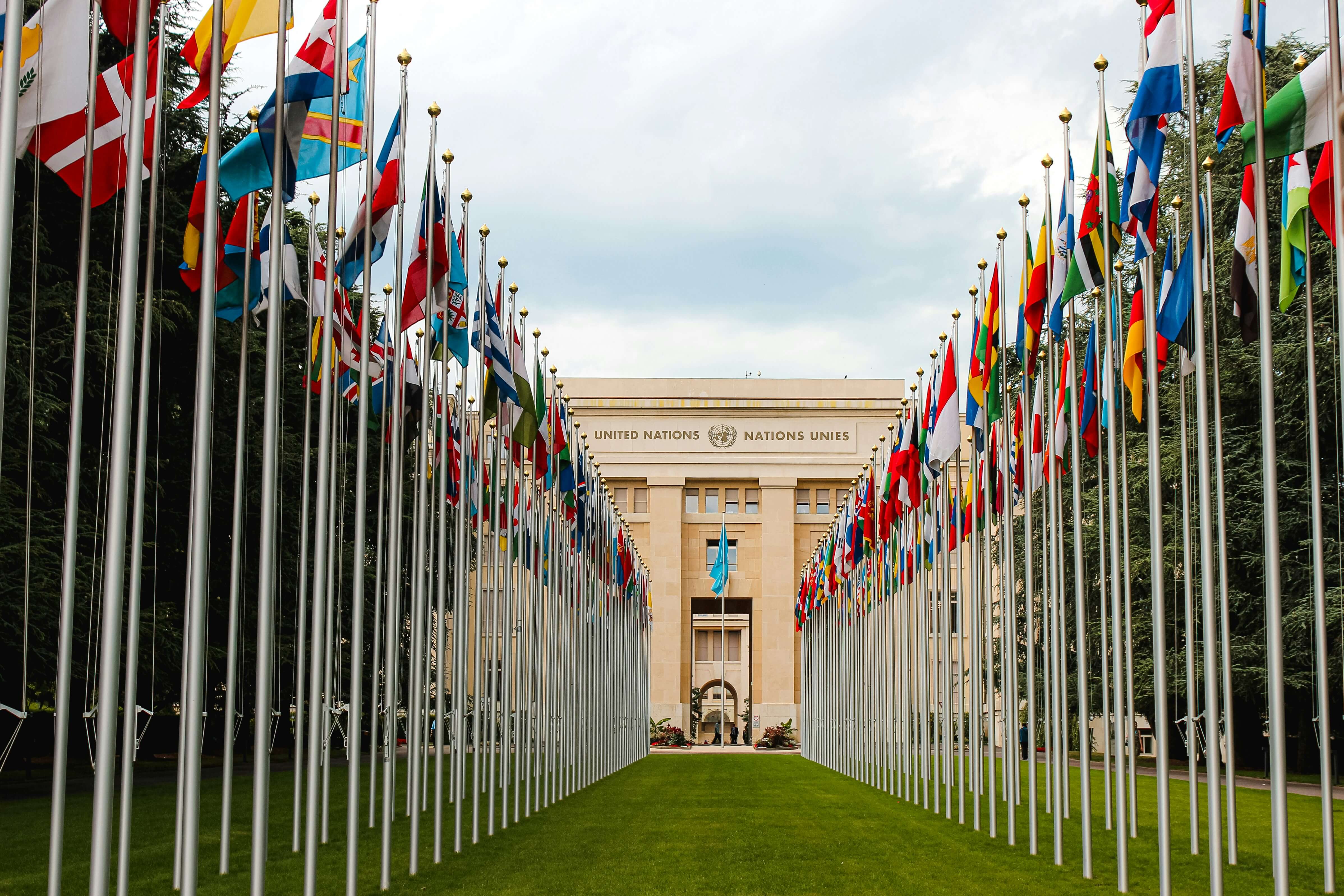Institutional frameworks and international cooperation play a crucial role in driving sustainable development. This concept is tightly interwoven with the United Nations' Sustainable Development Goals (SDGs), a set of 17 interlinked global objectives designed to achieve a better and more sustainable future for all. Instituted in 2015, the SDGs recognize the interconnectedness of social, economic, and environmental sustainability, seeking to promote a holistic approach to global development. An effective institutional framework refers to the rules, practices, and systems which facilitate interactions between individuals, organizations, and governments, shaping the course and outcomes of sustainable development initiatives.
For instance, SDG 17, explicitly titled 'Partnerships for the Goals', underscores the necessity of revitalizing global partnerships to harness resources and knowledge necessary for achieving the SDGs. It calls for enhanced North-South, South-South, and triangular regional and international cooperation on science, technology, and innovation, highlighting the role of multilateral institutions in fostering a global collaborative spirit. A well-structured institutional framework helps operationalize this cooperation, providing a platform for dialogue, negotiation, and shared responsibility.
Moreover, institutional frameworks play a crucial role in managing trade-offs and conflicts between different SDGs. For instance, the push for economic development (SDG 8) could potentially conflict with responsible consumption and production (SDG 12) or climate action (SDG 13). A robust institutional framework allows for the negotiation of these conflicts, ensuring that progress in one area does not undermine another.
Furthermore, international cooperation in sharing data, best practices, and experiences is vital in achieving the SDGs. The effectiveness of such sharing depends largely on the strength and adaptability of institutional frameworks. For example, institutions like the World Bank, International Monetary Fund, and United Nations Environment Programme offer platforms for international cooperation and knowledge sharing. They also provide technical and financial support to countries, particularly developing ones, enabling them to implement the SDGs effectively.
22nd April is Earth Day, an annual, global movement to raise awareness and promote environmental protection. The theme for Earth Day 2025 is OUR POWER, OUR PLANET, inviting everyone around the globe to unite behind renewable energy, and to triple the global generation of clean electricity by 2030. To mark the event Elsevier has curated a free to access Special Collection featuring the latest research articles and book chapters to advance knowledge.
This article touches upon the policy gaps in enabling net-zero energy systems in the US.
World Radio Day 2026: Celebrating Radio's Legacy and Future Impact
Observed annually on February 13, World Radio Day honors radio’s unique role in bridging communities, disseminating information, and fostering social engagement. Established by UNESCO in 2011, this day underscores radio’s power to reach diverse audiences worldwide, serving as a medium for education, connection, and public safety. World Radio Day celebrates radio’s enduring significance and adaptability in an evolving digital landscape.
International Day of Education 2027
Event Date: Saturday, 24 January 2027
Recognizing Body: United Nations General Assembly
Short Event Descriptor: An annual United Nations observance recognizing education as a human right and a foundation for peace and sustainable development.
What the International Day of Education Is
The International Day for Tolerance 2026: Promoting Respect and Understanding Worldwide
Observed annually on November 16, the International Day for Tolerance was declared by UNESCO in 1995 to raise public awareness about the dangers of intolerance and to promote understanding and respect among diverse cultures and communities. The day encourages global dialogue and cooperation to foster tolerance, human rights, and peace.
Origins and Background
United Nations Day 2026: Promoting Peace, Unity, and Global Partnerships
Celebrated annually on October 24, United Nations Day commemorates the establishment of the United Nations in 1945. This day is devoted to promoting global unity, international cooperation, and the organization's work in advancing peace, human rights, and sustainable development. Officially declared by the United Nations General Assembly in 1947, the observance was later recognized as an international holiday in 1971, encouraging all member states to honor it as a public holiday.






